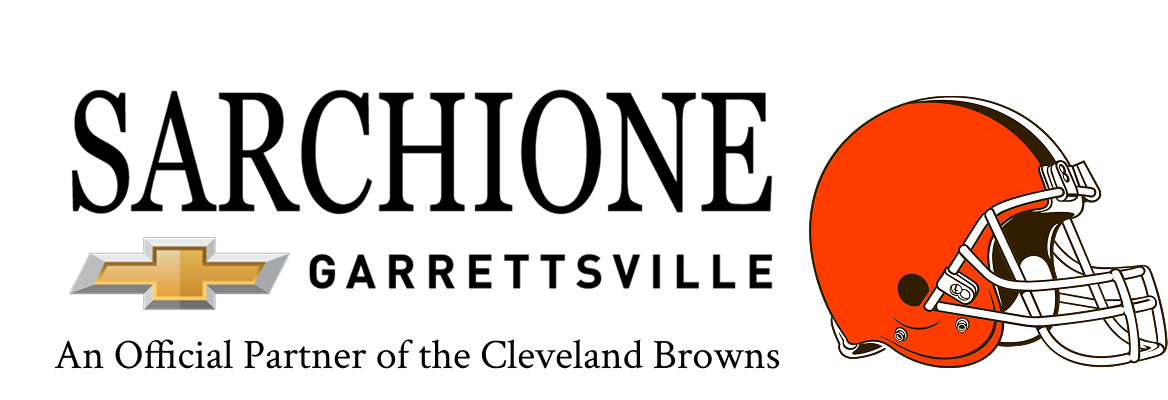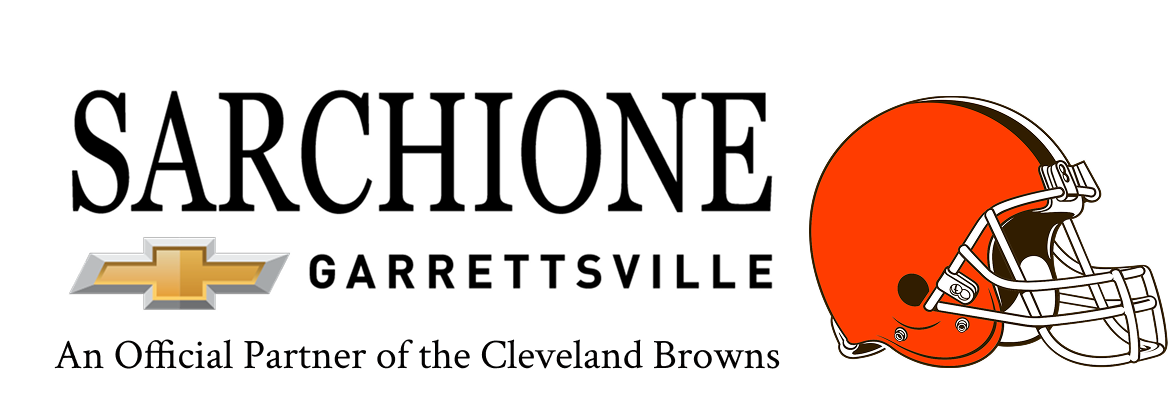A Chevy coolant leak is a problem that can quickly lead to engine overheating, which can cause significant damage if left unresolved. Coolant leaks can occur in various parts of your vehicle’s cooling system, including the radiator, hoses, water pump, and even the engine block.
Identifying and fixing a coolant leak promptly is crucial to maintaining the health of your engine and preventing costly repairs. This article explores common causes of coolant leaks, how to spot them, and the steps professionals take to fix the issue.
The Role of Coolant in Your Chevy
Before addressing the issue of a coolant leak, it’s important to understand the role of coolant in your Chevy vehicle’s engine. The coolant, also known as antifreeze, circulates through the engine and helps regulate its temperature by absorbing heat and dissipating it through the radiator.
The coolant system is designed to maintain the engine at an optimal temperature. This prevents it from overheating or freezing in extreme weather conditions. A leak in the coolant system can prevent the proper circulation of coolant. This will lead to engine overheating and potential engine damage.
Common Causes of a Chevy Coolant Leak
Radiator Leaks
The radiator is one of the most common places for coolant leaks to occur. Small cracks or holes can form in the radiator due to age, physical damage, or corrosion. These leaks can lead to a slow loss of coolant, eventually causing the engine to overheat. The radiator hoses can also deteriorate over time, resulting in leaks that allow coolant to escape.
Water Pump Failures
The water pump is responsible for circulating coolant through the engine. Over time, the seals on the water pump can wear out, causing coolant to leak from the pump area. If a water pump failure is the source of the leak, it may also result in the engine overheating or strange noises coming from the pump.
Hose Damage
Hoses that carry coolant to and from the radiator, engine, and heater core are subject to constant pressure and temperature changes. As these hoses age, they can crack, split, or become loose, leading to coolant leaks. A leaky hose can result in a steady loss of coolant, which can cause the engine to run hotter than usual.
Engine Block or Head Gasket Issues
In some cases, coolant leaks can originate from the engine block itself or from a damaged head gasket. These types of leaks are more serious because they may involve internal engine components. A leaking head gasket can allow coolant to seep into the engine cylinders, which can cause serious damage if not addressed quickly.
Symptoms of a Chevy Coolant Leak
Overheating Engine
The most obvious sign of a coolant leak is an overheating engine. If your vehicle’s temperature gauge is consistently high, even after short drives, it may indicate that coolant is not circulating properly due to a leak.
Low Coolant Levels
If you frequently need to add coolant to the reservoir or radiator, it’s a clear indication that there may be a leak somewhere in the system. Always check the coolant level when the engine is cold to avoid burns or injury from hot fluids.
Visible Coolant Puddles
After parking your car, check for any signs of coolant pooling underneath the vehicle. Coolant is usually bright green, orange, or pink, making it relatively easy to spot. If you notice any fluid on the ground, it’s important to have the source of the leak identified and repaired.
Sweet Smell Inside the Car
Coolant has a sweet odor, and if you notice this smell inside your car, it could be a sign that coolant is leaking from the engine. This is particularly noticeable when the heater is on, as the heater core is a common source of leaks.
Fixing a Chevy Coolant Leak
Once you’ve identified that your Chevy has a coolant leak, it’s important to address the problem before the situation worsens. While there are temporary fixes for minor leaks, the best solution is to have a professional mechanic inspect the cooling system and perform the necessary repairs.
Radiator or Hose Replacement
If the leak is coming from a radiator crack or a damaged hose, the solution is often to replace the affected part. In some cases, the radiator may be repairable, but it’s usually more cost-effective to replace it entirely. A mechanic will remove the damaged radiator or hose, install a new one, and refill the cooling system with fresh coolant.
Water Pump Replacement
If the water pump is leaking coolant, it will need to be replaced. This repair typically involves draining the coolant, removing the old water pump, and installing a new one. It’s crucial to replace a faulty water pump, as it plays a critical role in circulating coolant through the engine.
Head Gasket or Engine Block Repair
If the coolant leak is originating from the engine block or a damaged head gasket, the repair becomes more complex and costly. In many cases, the engine may need to be disassembled to replace the head gasket or repair the block. This type of repair requires specialized knowledge and equipment, making it important to contact a Chevy service center for guidance.
A Chevy coolant leak is a serious issue that should be addressed promptly to prevent engine overheating and other costly damage. By identifying the cause of the leak early—whether it’s a damaged radiator, worn hoses, faulty water pump, or engine block issue—you can take the necessary steps to fix the problem and keep your engine running smoothly.
Regular maintenance and inspections are key to preventing coolant leaks and maintaining your vehicle’s cooling system. Always consult a professional mechanic to handle any repairs and guarantee the long-term health of your Chevy.


